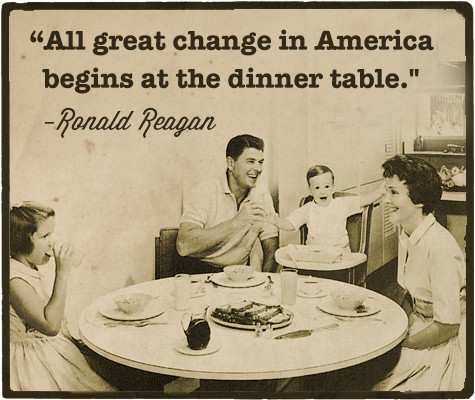Shortly after I began working for RSVP three years ago, I met one of my former college professors for dinner during a trip back to my alma mater in Indiana. I spent the evening catching up with him and his wife, and naturally our chat turned to my new job. “I really like it there,” I told them, “but I don’t think I will ever be a morning person.” You see, RSVP was my first ever “real,” Monday-through-Friday, 9-to-5 (well, 8-to-4:30) job, and that meant I had to get up at the then-unheard of hour of 6:00 a.m. if I wanted to be showered, fed, and in the office on time. My friends laughed, and assured me that a regular early-to-rise schedule would eventually make a morning person of me.
They were wrong.
Getting me out of bed before 9 or 10 a.m. requires either some sort of dire emergency, or an especially obnoxious alarm (or an especially obnoxious and hungry cat – but I repeat myself). Since emergency awakenings are (thankfully) few and far between, I am usually roused by a persistently howling alarm (or a persistently howling cat…or both), and the rousing is not pleasant; in fact, it’s often grumbly and disoriented.
At least until I remember that I have this waiting on me for breakfast.
That is my reason for getting out of bed before my body and mind are ready. It’s a delicious concoction I call my “Getcha Outta Bed!” baked oatmeal, and it is not only yummy, but also packed full of healthy, good-for-you ingredients, like bananas, blueberries, and whole-grain oats. It has the ooey-gooey texture of a decadent cake, and is satisfyingly sweet without being too cloying. The recipe is simple, yet versatile, and it’s easy to make ahead for a quick breakfast on the go – but also just as delightful when part of a hearty, unhurried weekend brunch. The bottom line is: if you have trouble getting out of bed in the morning, then this is the breakfast for you. You can find step-by-step directions & pictures below, as well as a downloadable & printable recipe at the end of this blog. Good mornings are guaranteed! (more…)







